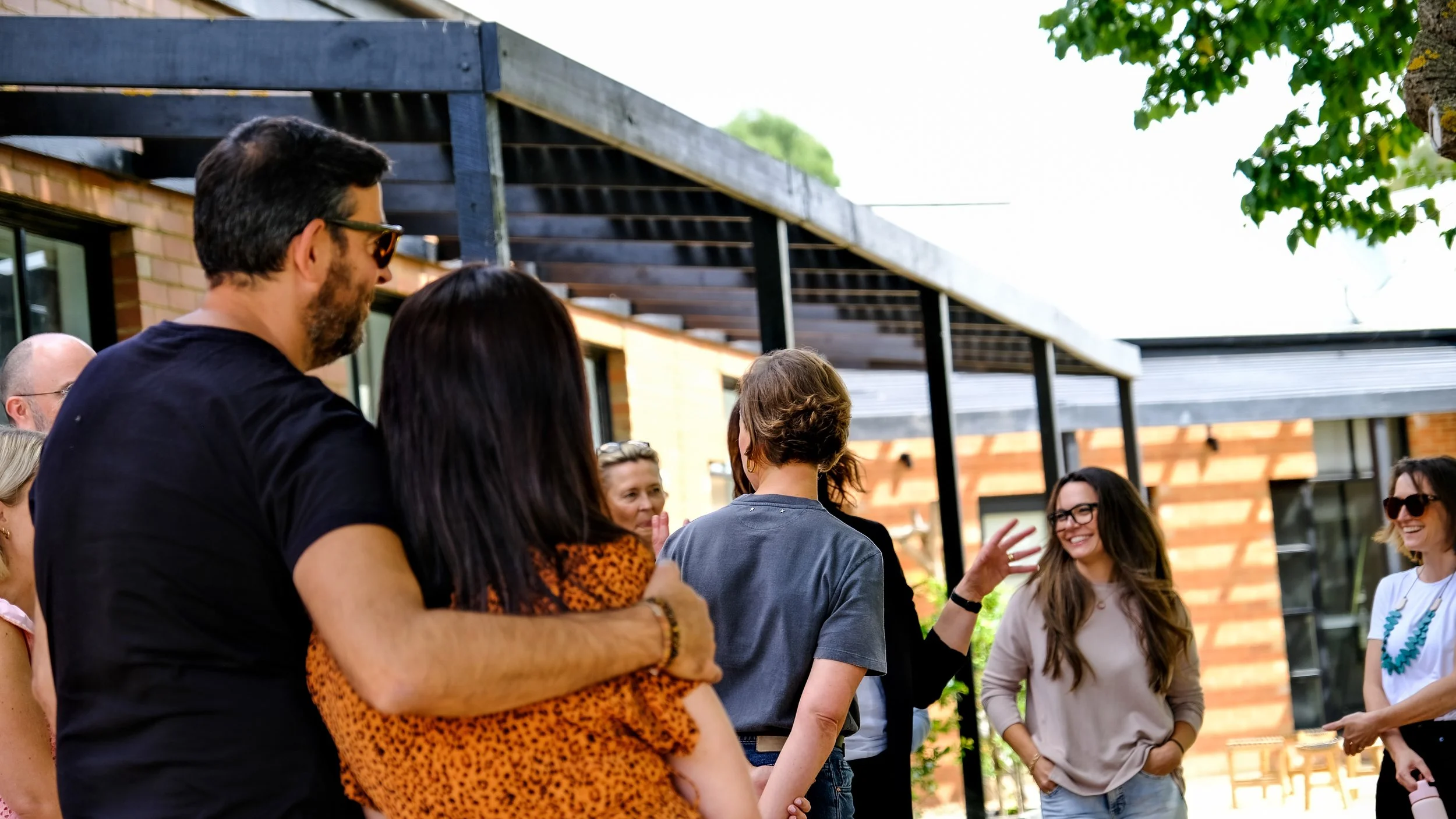Subtle leadership - A personal journey
For the last 9 years I have been leading an organisation that has grown into a “successful” business. I use inverted commas around successful because that can mean different things to different people.
We are successful in the main markers of a business: our results are strong, our finances are healthy, our customers enjoy working with us and our people feel this is a great place to work. But I feel our “success” goes beyond those markers. I feel we have built over the years something special, something we are proud of that changes the people we touch in a very subtle way.
I have personally changed a lot in these last 9 years; I was a much more anxious person driven by constant achievement and while I probably had some good leadership qualities associated with building a business, I can see now some of the mistakes (learnings) I made in the process.
Recently I have been reflecting about leadership, from our business point of view but also from a wider context. I feel there is a change in the way leaders need to show up at all levels of society. Maybe that change was always there and I just realised it; but it feels like the charismatic, visionary, powerful (and in some cases narcissistic) type of leader no longer works in this new world.
I recently asked my colleagues what words they think of when they think of me from a business and leadership context. It was a humbling exercise and if you are a leader I would recommend you to do it. Some of the words that came back were: authentic, genuine, influential, intuitive and also stubborn! – I think they meant decisive. But when I asked my wife the same question she used the word: Subtle.
That word resonated instantly with me and encapsulated the feeling and meaning I had been searching. I jumped immediately into my laptop and googled: “subtle leadership”. There is not a lot of literature around that topic; but I found this great article by Luz E. Quiñones- Gonzalez that describes and presents beautifully this subtle leadership concept.
In summary, Luz describes Subtle Leadership as a way of influencing others through “referent power”; as opposed to the type of influencing that comes from formal or legitimate power sources: authority, reward, coercive or even other types of informal sources like expertise.
So, what is referent power? Referent power comes from the desire of others to please someone whom they have strong feelings of affection, admiration and loyalty. This is based on character traits representative of an individual’s behaviour. Such traits span a broad spectrum of environments, cultures, and people as well as holistic development in terms of moral principles, integrity, and a spirit of service ― without need of public reward, acknowledgement, or a dedicated following, and with no legitimate power granted by formal position within the organization.
In other words, subtle leadership is based on the ability of anyone in the organisation to influence others based on the values, personal traits and way of showing up without the need for formal power or even a following.
What a beautiful concept! And how timely. With the huge change to organisations and the world of work from what the world has thrown at us in the last few years. I feel this new paradigm of practicing leadership is what the world needs. Or at least the world of work. Organisations where leadership emerges naturally based on anyone demonstrating universal values in action such as trust, respect, authenticity, and spirit of service, rather than titles; where referent power is used to solve problems, encourage, and positively influence peers as new situations arise; and where charismatic or narcissist approaches give way to subtle leadership that evokes calm yet meaningful influence.
If you agree with me so far that the world of work needs more subtle leaders, the question you may be asking is, how do I become a “subtle leader”? Or even more importantly, how do I build an organisation or a team where subtle leadership can emerge?
